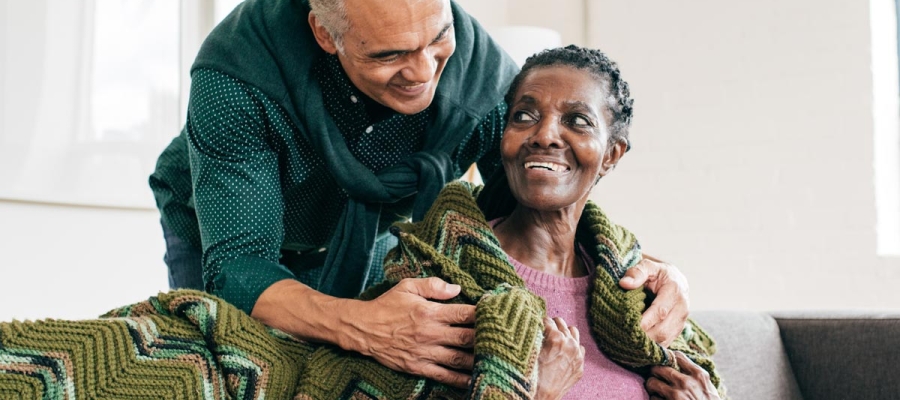Exposure to Wildfire Smoke and Other Pollutants Increases Risk of Dementia
Residents of the Lehigh Valley are familiar with pollution, but did you know that air particulates found in the air can increase the risk of health issues, including dementia?





